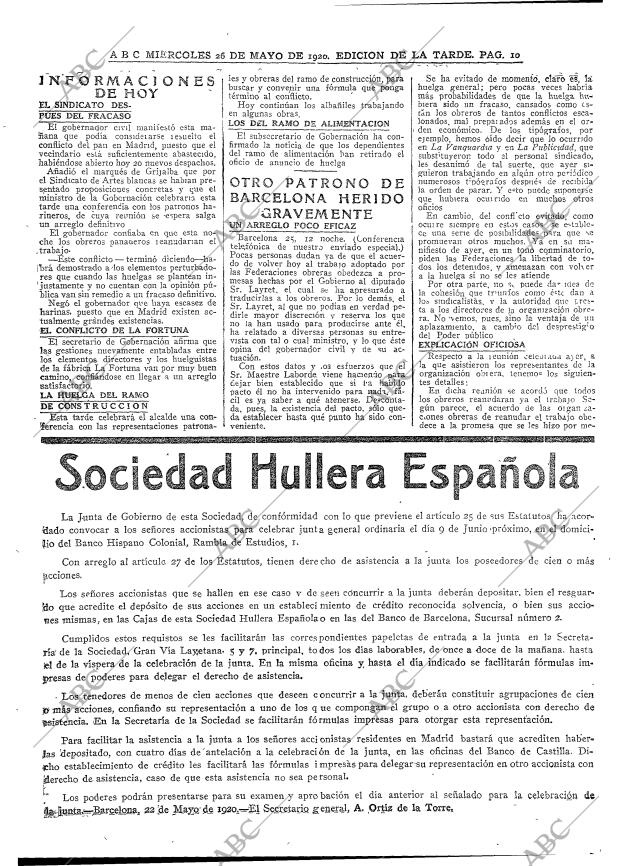
#Diarios de argen movie
That said, I believe this movie was excellent because it had superb cinematography of the beauty of South America, had excellent acting, great chemistry between the two main actors (despite Ebert saying they did not), and an overall political theme. A part of this is that I watch the movie throwing all bias I might have out the window and watch it as if I had never heard of it before.

I am also a big fan of the purity of movies, not this Spider-man crap that is all over the place, but the true art of films, and I am fairly serious when I go into a movie for the first time. Going into this movie all I knew about him was that he is on a lot of t-shirts, and that "che", despite what ignorant people think, is not his name, it is what Argentinians say to each other like in the US saying "dude". His Bolivian diaries were later edited and published as The Bolivian Diary/El Diario de Che en Bolivia. Che's other works include Reminisces of the Cuban Revolutionary War/Pasajes de la Guerra Revolucionaria, I embrace you with all my revolutionary fervor/Te abraza con todo fervor revolucionario, and The Motorcycle Diaries/Diarios de Motocicleta. More of his political writings are collected in the Che Guevara Reader/Che Guevara Presente.I would not consider myself to be an ultra liberal, but I am somewhat knowledgeable about what has been going on in South America for the last 100 years, and Che Guevara is a part of it. He is captured there by U.S.-trained counterinsurgency forces on October 8, 1967, and murdered in cold blood the next day.

After returning to Cuba in December 1965, Che prepares another guerrilla force, this time to Bolivia, where he arrives in November 1966 with a small guerrilla force, intending to challenge the country's military dictatorship. The book is characterized by Che's brutal, disciplined honesty, as he recounts the succession of failures and dead ends that characterized the mission, analyzing each one, and never losing sight of his innate optimism and clarity of mission. In April 1965, Che leaves Cuba to lead a guerrilla mission of some 200 Cuban soldiers to support the revolutionary struggle in Congo, a mission he recounts in Congo Diary.

He is also the most important representative of the Cuban Revolution internationally, heading numerous delegations and earning a reputation as a passionate and articulate spokesperson for Third World peoples. Within several months, Fidel appoints him a commander of the Rebel Army, though he also continues to minister to wounded guerrilla fighters and captured Batista soldiers.Īfter General Batista flees Cuba on January 1st, 1959, Che becomes one of the key leaders of the new revolutionary government. The group sets sail for Cuba on November 25, 1956, aboard the yacht Granma, with Che as the group's doctor. The Cubans nickname him "Che," a popular form of address in his native Argentina. After escaping to Mexico, Guevara meets up with a group of Cuban revolutionaries exiled in Mexico City led by Fidel Castro and immediately enlists in their planned expedition to overthrow Cuban dictator Fulgencio Batista. Después del estreno en 2004 de la estimulante película con el mismo título, dirigida por Walter Salles, el libro se volvió un internacional éxito de ventas, nombrado como tal por el New York Times.Įsta edición incluya una introducción de Walter Salles y una variedad de nuevos materiales compuestos para la edición del 2004, coincidiendo con el estreno de la película, incluyendo 24 páginas de imágenes previamente inéditas, fotografiadas por el Che notas y comentarios de su esposa, Aleida Guevara March y una exhaustiva introducción del distinguido escritor cubano Cintio Vitier.ĮRNESTO CHE GUEVARA is profoundly radicalized when, as a young doctor traversing Latin America for the second time, a journey he later describes in Latin America Diaries/Otra Vez, he witnesses first the Bolivian Revolution, and then, in Guatemala, the overthrow of the democratically elected government of Jacobo Árbenz by U.S.-backed forces. Captura, se puede argumentar, inigualablemente a cualquier otro libro, la exuberancia y alegría de una persona joven con la firme convicción que la humanidad tiende hacia la justicia, la paz y la felicidad. Ese vagar sin rumbo por nuestra 'Mayúscula América' me ha cambiado más de lo que creí." -Ernesto Che Guevara, de Diarios de Motocicletaĭiarios de Motocicleta es el diario de viaje del Che Guevara, viaje en el que descubre el continente de América Latina mientras es estudiante de medicina, comenzando en 1952 manejando una antigua motocicleta Norton junto a su amigo Alberto Granado, un bioquímico.


 0 kommentar(er)
0 kommentar(er)
